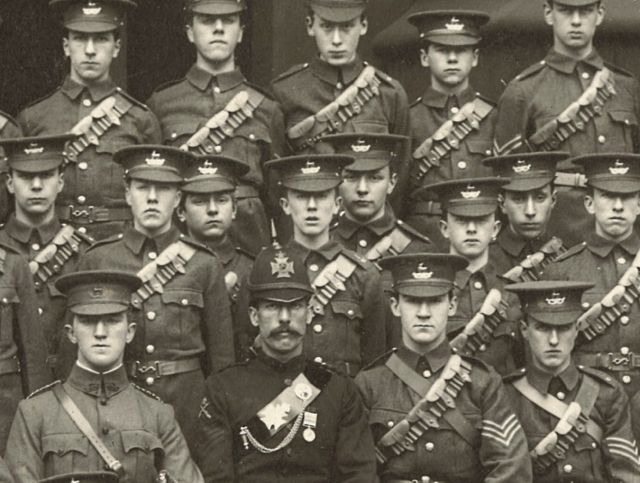
The state is the archenemy of the individual, as has been demonstrated by libertarian state analysts from Herbert Spencer (Man Vs. State) to Albert Jay Nock (Our Enemy, the State) to Murray Rothbard (Anatomy of the State). However, it is not only our chief enemy, it is also our chief maker of enemies. The parasitic state is not only perpetually at odds with us, but it is constantly setting us at odds with others. It is not only a millstone around our necks, but a target.
States make enemies on behalf of its subjects, primarily because threats make it easier to marshall support from the frightened and indignant public for expansions of its power, both home and abroad. This is agreed upon both by opponents and practitioners of this policy. Rothbard wrote that:
…the State has for centuries used the “foreign threat” to aggrandize its power over its deluded subjects.
and that…
“…war and a phony “external threat” have long been the chief means by which the state wins back the loyalty of its subjects.”
And the leading Nazi Hermann Göring stated at the Nuremburg Trials that:
“…it is the leaders of the country who determine the policy and it is always a simple matter to drag the people along, whether it is a democracy or a fascist dictatorship or a Parliament or a Communist dictatorship.(…) …voice or no voice, the people can always be brought to the bidding of the leaders. That is easy. All you have to do is tell them they are being attacked…”
This aspect of the state has been especially important in recent news. The bourgeoning Islamic State, or ISIS, seems straight out of super villain central casting. And when the political class isn’t panicking over ISIS, it is scaremongering over the “imperial designs” of Vladimir Putin.




